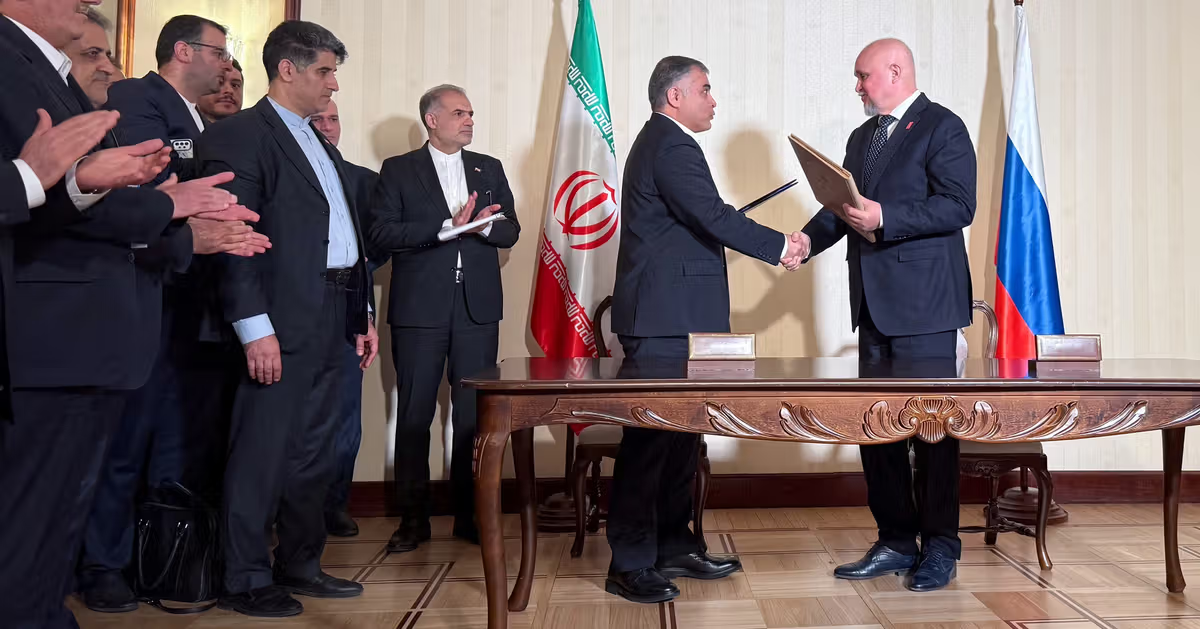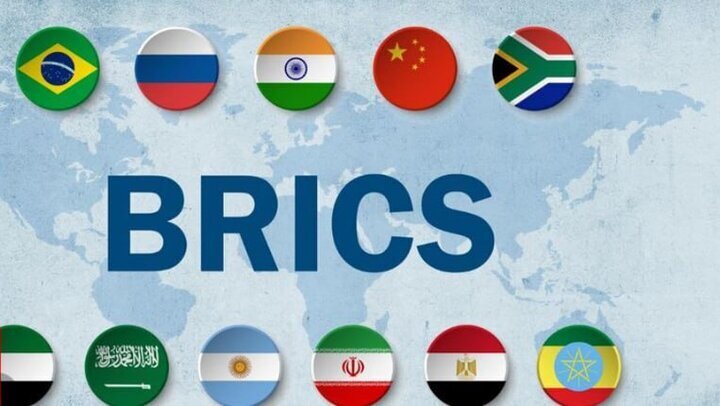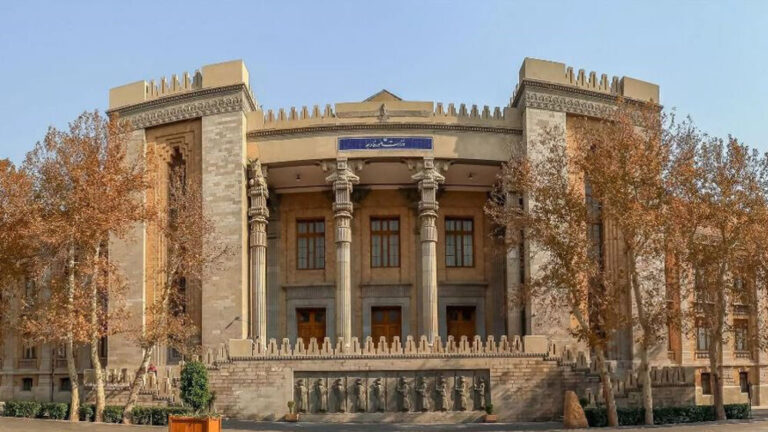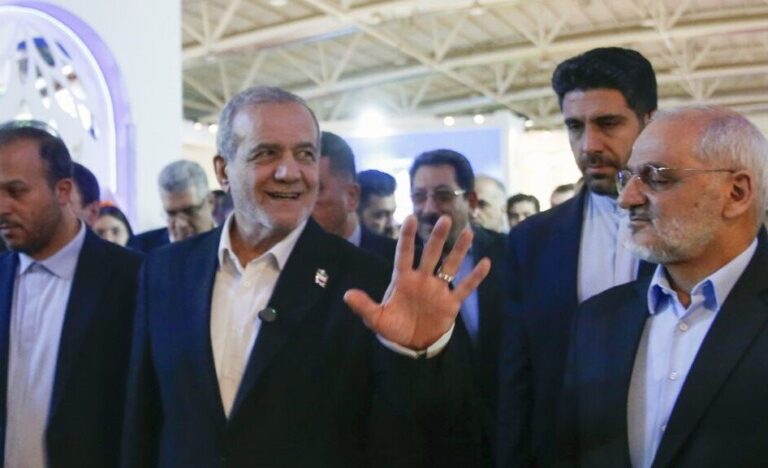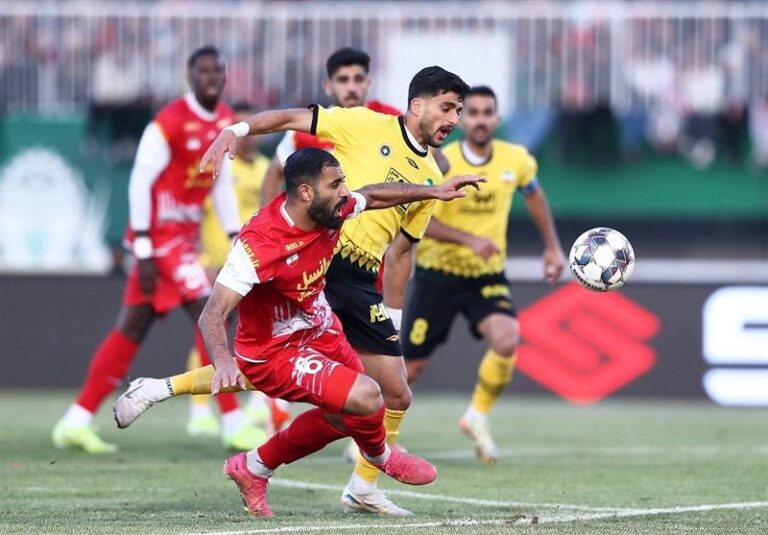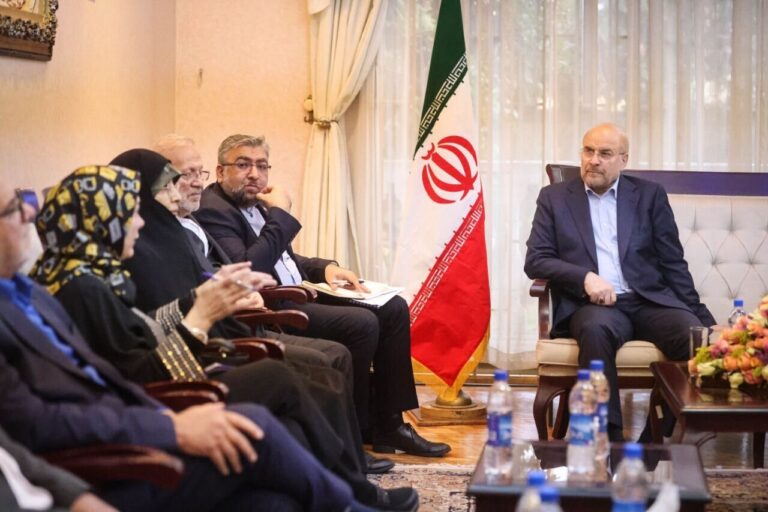Iran Secures $4 Billion Oil Development Deal with Russian Firms, Minister Announces
Iran has successfully concluded four significant agreements totaling an impressive $4 billion with Russian firms aimed at the development of seven oil fields, according to Oil Minister Mohsen Paknejad. This landmark deal was announced during his recent visit to Moscow for the 18th session of the Iran-Russia Joint Economic Commission. The agreements exemplify Iran’s broader strategy to enhance its strategic cooperation with Russia across various sectors, including energy, finance, and agriculture.
During his address on Thursday, Paknejad emphasized that the potential for bilateral trade between Iran and Russia exceeds the current level of $5 billion. He noted that additional memoranda of understanding are in the pipeline, particularly within the oil and gas sectors. “Expert groups are actively working to finalize these talks and turn them into binding contracts,” he stated.
In addition to oil, the Iranian Oil Minister also unveiled plans for a new nuclear power plant to be constructed in Iran, which will be financed by a credit line from Moscow. This project aligns with Iran’s ongoing efforts to diversify its energy portfolio and strengthen its power generation capabilities.
Moreover, Paknejad revealed that discussions are progressing regarding the import of natural gas from Russia. This will entail an initial phase followed by plans for gas swaps and transit to other nations. “This is one of the key areas of interest for both sides,” he noted, adding, “We have had detailed negotiations, and only a few items remain before finalizing the first-phase import volumes.”
The recent agreements are also significant as they follow the ratification of a long-term strategic cooperation treaty between Tehran and Moscow. “This is the first joint commission meeting since the treaty’s approval last week, and it opens new pathways for economic collaboration,” Paknejad remarked.
In a related development, Saeed Tavakkoli, managing director of Iran’s National Gas Company, indicated that progress has been made on a prior agreement with Russia concerning the transfer of gas to northern Iran. This region faces limitations in domestic production, and the project is expected to play a crucial role in meeting energy needs in northern provinces, thus aiding Iran’s ambition to establish itself as a regional gas hub.
Tavakkoli further explained, “While further technical assessments are needed, current negotiations have been effective, and the project aligns with the targets of Iran’s seventh development plan.” This initiative reflects Iran’s commitment to enhancing its domestic energy infrastructure while fostering international partnerships.
The backdrop to these developments is the increasing isolation faced by both Iran and Russia due to Western sanctions. The sanctions imposed on Russia over its actions in Ukraine, as well as those targeting Iran for its nuclear program, regional activities, and human rights record, have intensified the need for both nations to strengthen their ties.
As a result, their shared challenges have fostered a burgeoning partnership characterized by mutual interests in countering US influence in the region. Both countries are exploring innovative ways to navigate these sanctions, which include utilizing national currencies and alternative financial channels to facilitate trade.
In summary, the recent agreements between Iran and Russia mark a significant step forward in their bilateral relations. The combination of strategic cooperation in energy, finance, and agriculture presents numerous opportunities for both nations to develop their economies while navigating the complexities of international sanctions.
- Four agreements valued at $4 billion to develop seven oil fields.
- Plans for a new nuclear power plant financed by Moscow.
- Discussions on importing natural gas from Russia are progressing.
- Agreements following the ratification of a long-term strategic cooperation treaty.
- Efforts to strengthen ties amid Western sanctions.
The evolving relationship between Iran and Russia serves as a testament to their commitment to mutual cooperation, particularly in the face of external pressures. As both nations continue to forge ahead with their plans, the implications for regional energy markets and geopolitical dynamics will be significant.
